This section is for paid subscribers only. Our subscription is only $3700/- for one full year.
You get unlimited access to all paid section and features on the website with this subscription.
Subscribe to read full article
This section is for paid subscribers only. Our subscription is only $37/- for one full year.
You get unlimited access to all paid section and features on the website with this subscription.
Not ready for a full subscription?
You can access this article for $2, and have it saved to your account for one year.
- Release Date08/04/1977
- GenreDrama, Musical
- FormatColour
- LanguageHindi
- Run Time160 mins
- Length3882.85 meters
- Number of Reels14 reels
- Gauge35 mm
- Censor RatingU
- Censor Certificate NumberU-83883-MUM
- Certificate Date24/03/1977
- Shooting LocationMohan Studios, Andheri
Aloke Prasad, son of the powerful lawyer Babu Triloki Prasad, is a highly sensitive boy, deeply involved in the study of music. Thanks to his sister-in-law's, indulgence Geeta, Aloke manages to attend a music college from where he graduates with flying colours. On his return home, however, Triloki Prasad insists that his son give up hi fanciful pursuit of music, and settle down to the study of law. Aloke is unable to openly rebel against his dictatorial father, but he quietly continues to learn music from Sarjubai, an impoverished old lady of great talent who now lives in a nearby bustee.
Triloki Prasad is shocked to learn that his aristocratic son spends most of his time in a bustee, surrounded by riff-raff. He takes up the case of a neighbouring mill-owner and succeeds in having the bustee destroyed and Sarjubai evicted.
Aloke jubilantly arrives at the bustee with presents for Sarjubai on her birthday only to be confronted by a spectacle of grief and squalor. Aghast at the ruthless action of his father, he leaves the house, determined not to desert his more unfortunate friends.
"Alaap" is the story of Aloke's life thereafter, following him through his trails and tribulation as he rejects the "system" his father upholds and de-classes himself. In the slums he meets Ganesh, the son of the family coach driver, who now drives a tonga himself. Out of compassion he even marries Radhiya, the sister of Ganesh. Against all odds, struggling against poverty he had never known, Aloke continues his study of music, driving a tonga during the day to support his family. Until the day of crisis, when destiny again intervenes to test the calibre of his commitment - to himself, to his family, to his music.
"Alaap" is his story. It is the story of a youth caught in the vortex of his own convictions. It is the story of a conflict between two generations and raises many issues of social relevance.
But, above all, Alaap is the story of music.
(From the official press booklet)
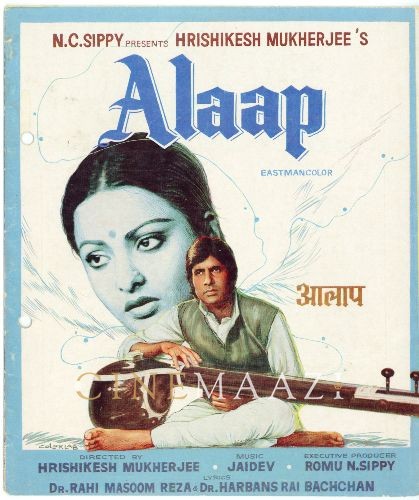
Cast
-
Amitabh Bachchan
Alok Prasad -
Rekha
Radhakumari "Radhiya" -
Chhaya Devi
Sarju Bai Banaraswali -
Asrani
Ganesh aka 'Ganeshi' -
Manmohan Krishna
Maharaj Dinanath -
Farida Jalal
Sulakshana Gupta -
Bejaman Gilani
Kishan -
Yunus Parvez
Mr Gupta -
Vijay Sharma
Ashok Prasad -
Om Prakash
Advocate Triloki Prasad -
Lalita Kumari
Mrs Gupta -
A K Hangal
Pandit Jamuna Prasad (Guest Appearance) -
Lily Chakravarty
Geeta A Prasad -
Sanjeev Kumar
Raja Bahadur (Guest Appearance)
Crew
-
BannerRupam Pictures Pvt Ltd
-
Director
-
Producer
-
Music Director
-
Lyricist
-
Screenplay
-
Dialogues
-
Cinematography
-
Editing
-
Sound Recording/ Audiography
-
Production Controller
-
Costumes
-
Re-recordist/ Sound Mixing
-
Laboratory/ Processed atFilm Centre
-
Music CompanyH M V
-
StillsColor Lab
-
Art Direction
-
Song Recording



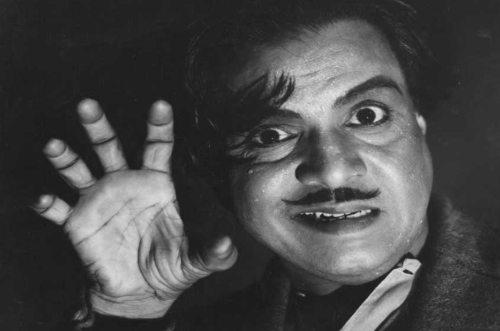
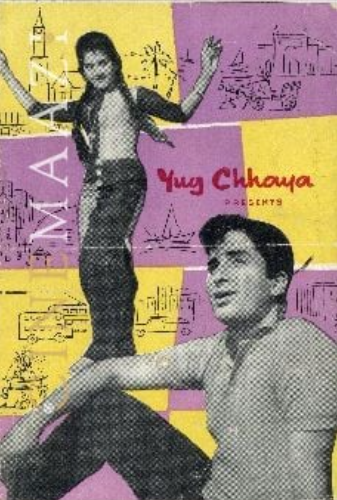
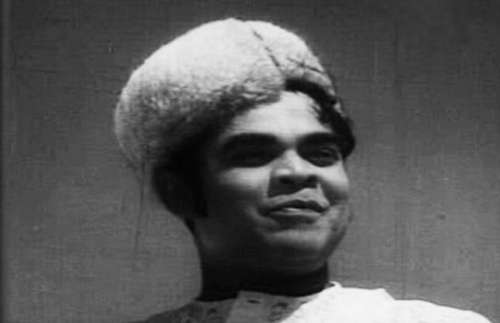
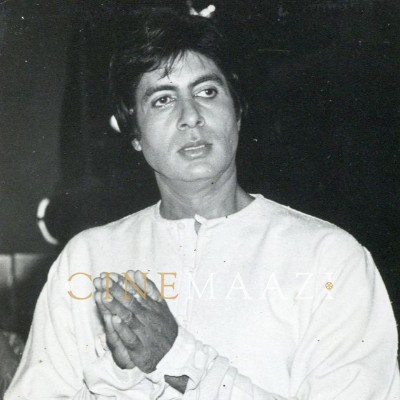
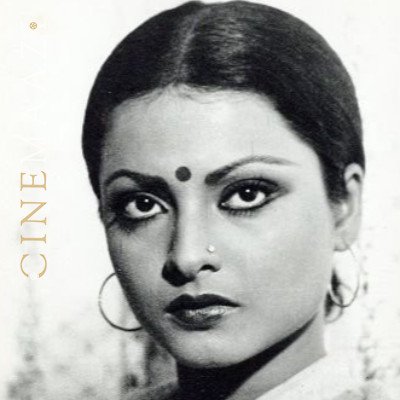
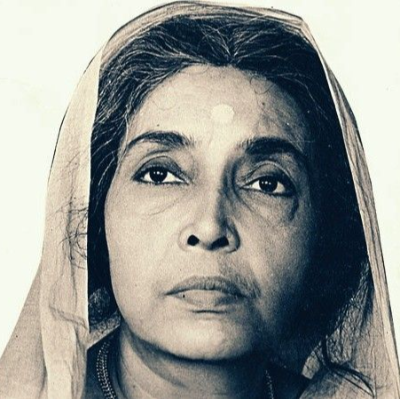
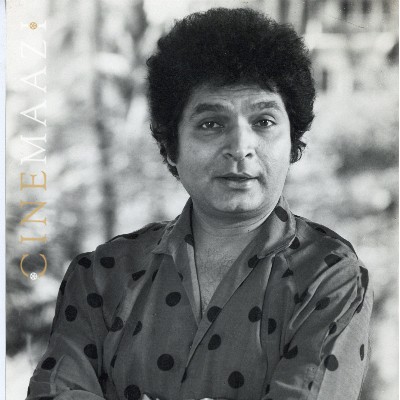
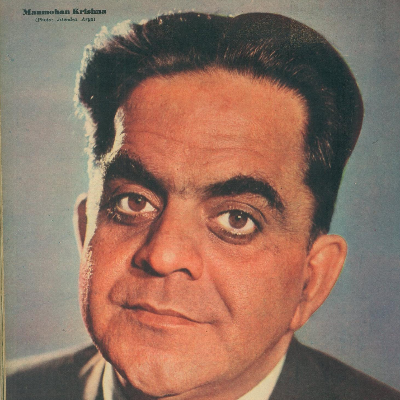

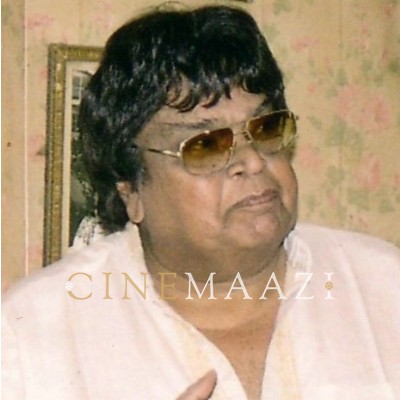

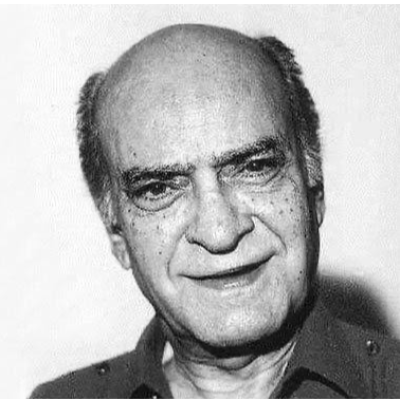

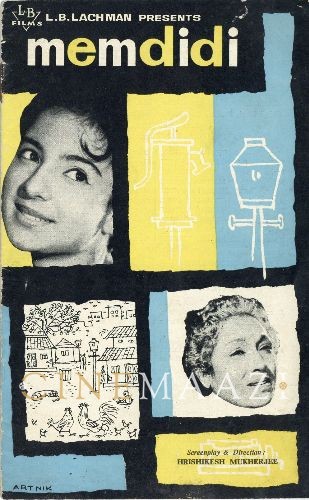
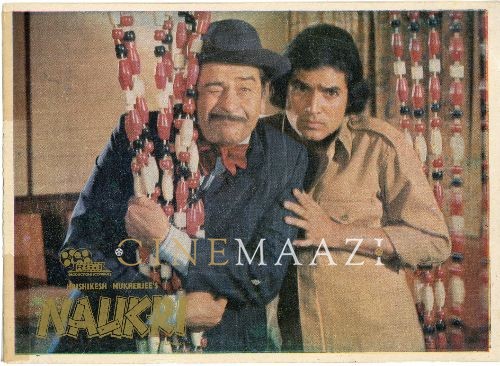

.jpg)



